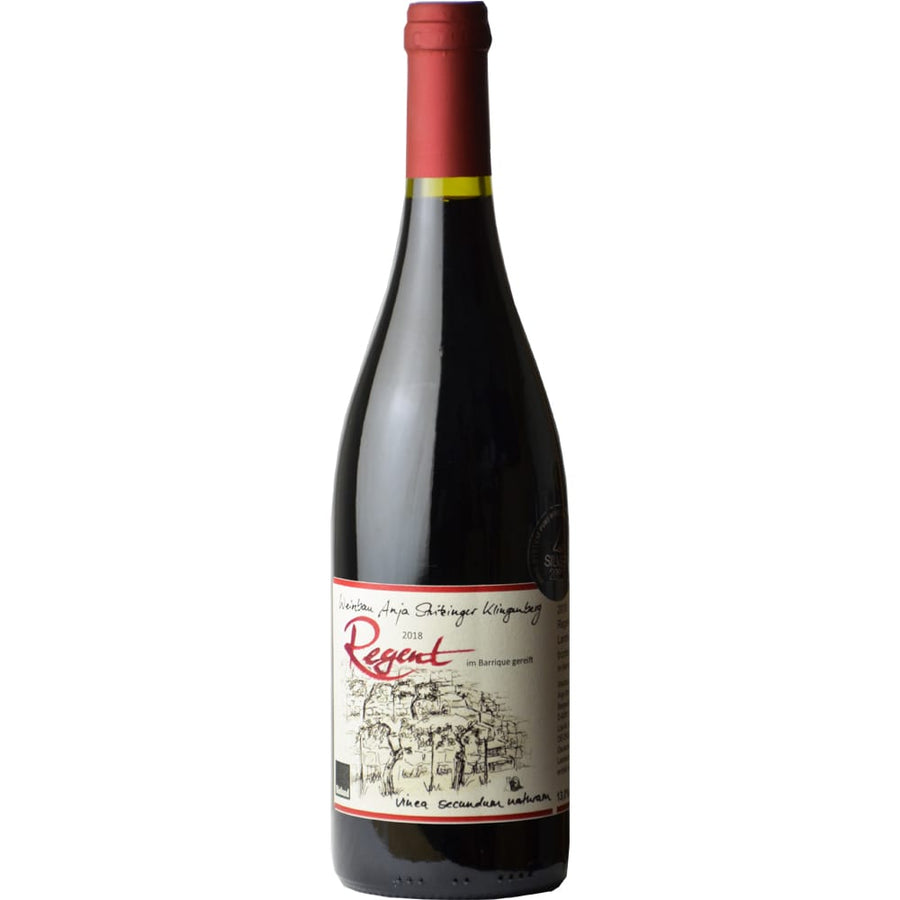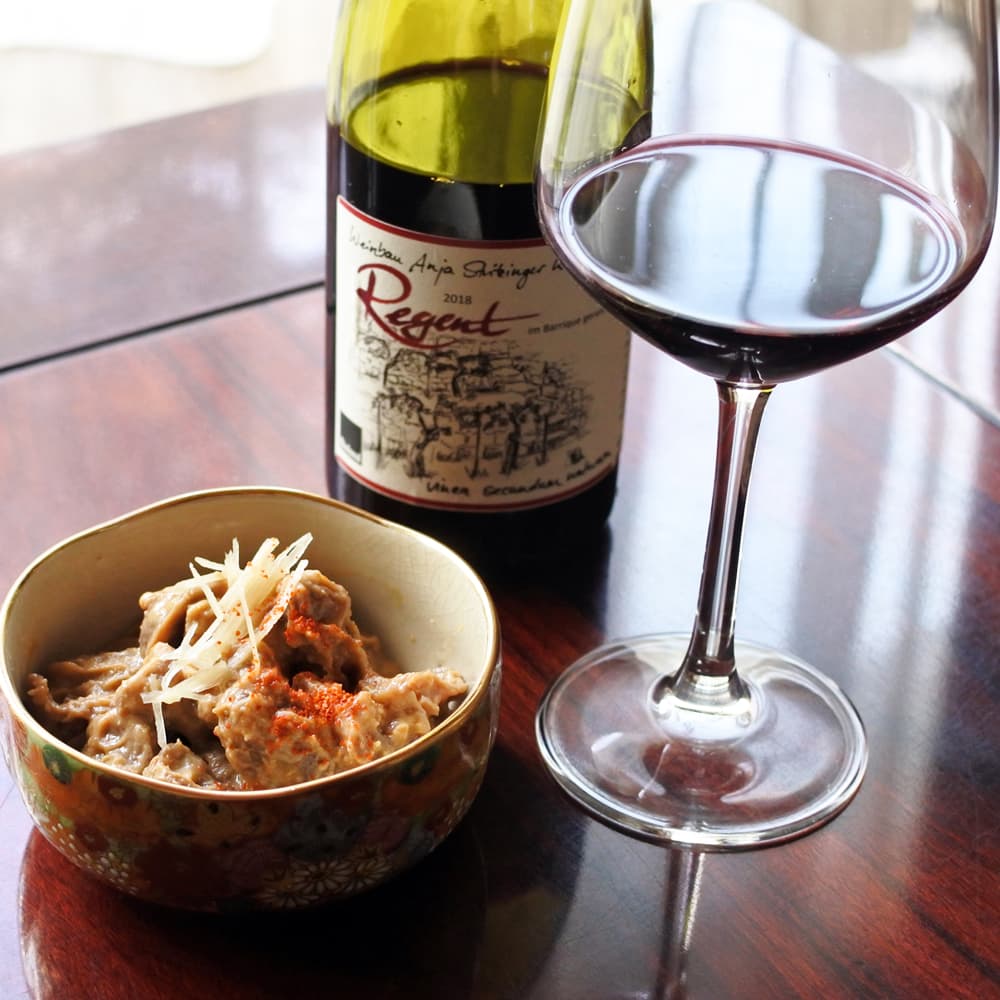Regent
1 product
1 product

Developed in Germany as a cool climate, disease resistant red wine grape, Regent is a fairly new variety that first began to be cultivated in 1996.
Regent was created in Germany with the aim of developing a red wine grape variety that is compatible with cool climates and is resistant to moldy diseases such as downy mildew. It was developed in 1967, but after undergoing trial cultivation and a process of being established as a variety and receiving protection, the first commercial cultivation began in some parts of Germany in 1996.
As of 2019, the cultivated area is about 1,800 hectares. Besides Germany, Regent is also cultivated in the UK, Belgium, Switzerland, the Netherlands, and in parts of Washington State in the USA, which has cooler climates.
It prefers a cool, dry climate, as high humidity reduces its resistance to the fungus Botrytis, which can be killed before it can flower and set fruit.
The clusters and grapes are medium-sized, with thick, firm skin. While most black grapes have black skin but whitish flesh inside, Regent is distinctive in that it is also red.
Because of its thick, firm skin, wines made using Regent contain tannins but have a gentle, well-balanced finish with a mild acidity.
It produces a very colorful wine with aromas of berries, cherries, and blackcurrants. Some are aged in barrels, and you can sometimes detect a soft vanilla-like barrel aroma.
It goes well with stewed pork, thick-sliced ham, and lamb. It also goes well with stewed beans such as chili con carne. It also goes well with pumpkin gratin and croquettes, which have a fluffy texture and a creamy taste.
Pre-order item
Soft armchair
$420.00
Select variant
Select purchase option



